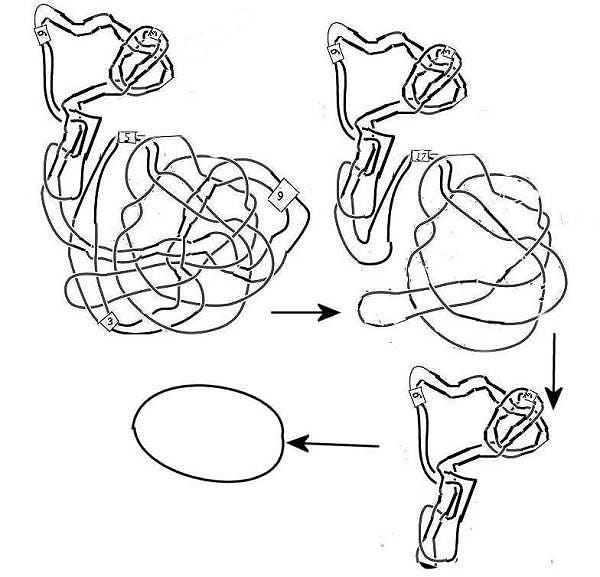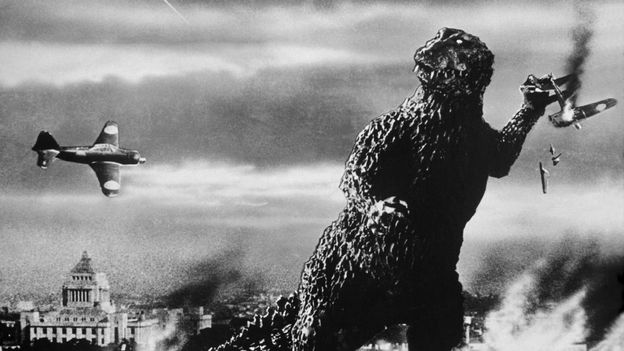
Engineering Open Societies
This one has been brewing a while but I think the clearest framing comes from The Ones Who Walk Away From Omelas (don’t worry it’s a short read). Tldr; Is there any amount of civic good, the peace and prosperity of Omelas that can justify a morally indefensible action, the intentional pain and neglect inflicted on a single feeble-minded child? I mentioned this in my travelogue on Korea but I think it’s a useful framing for all nature of moral problems that beset the application of moral principles in individuals and societies at large.
Life is like being at the front line in a battle where the forces are not always lined up on the same sides. This is perhaps best illustrated by the experience of another man, a young fellow I once knew, who had to make the tragic decision whether to sacrifice himself to the German war machine or stay with his elderly mother who was completely dependent upon him. He told me that he asked himself: 'Where does my duty lie? - Viktor Frankl, Man’s Search for Meaning
Moral arguments are fundamentally intractable without a recourse to individual values: nobody except our young man can decide whether his duty is to country or his mother there is no empirical framework that can be defined to solve this issue. While he has some internal freedom to make this decision the problem cannot be solved in the abstract without recourse to one’s preexisting moral values.

















/cdn.vox-cdn.com/uploads/chorus_asset/file/24774110/STK156_Instagram_threads_1.jpg)




